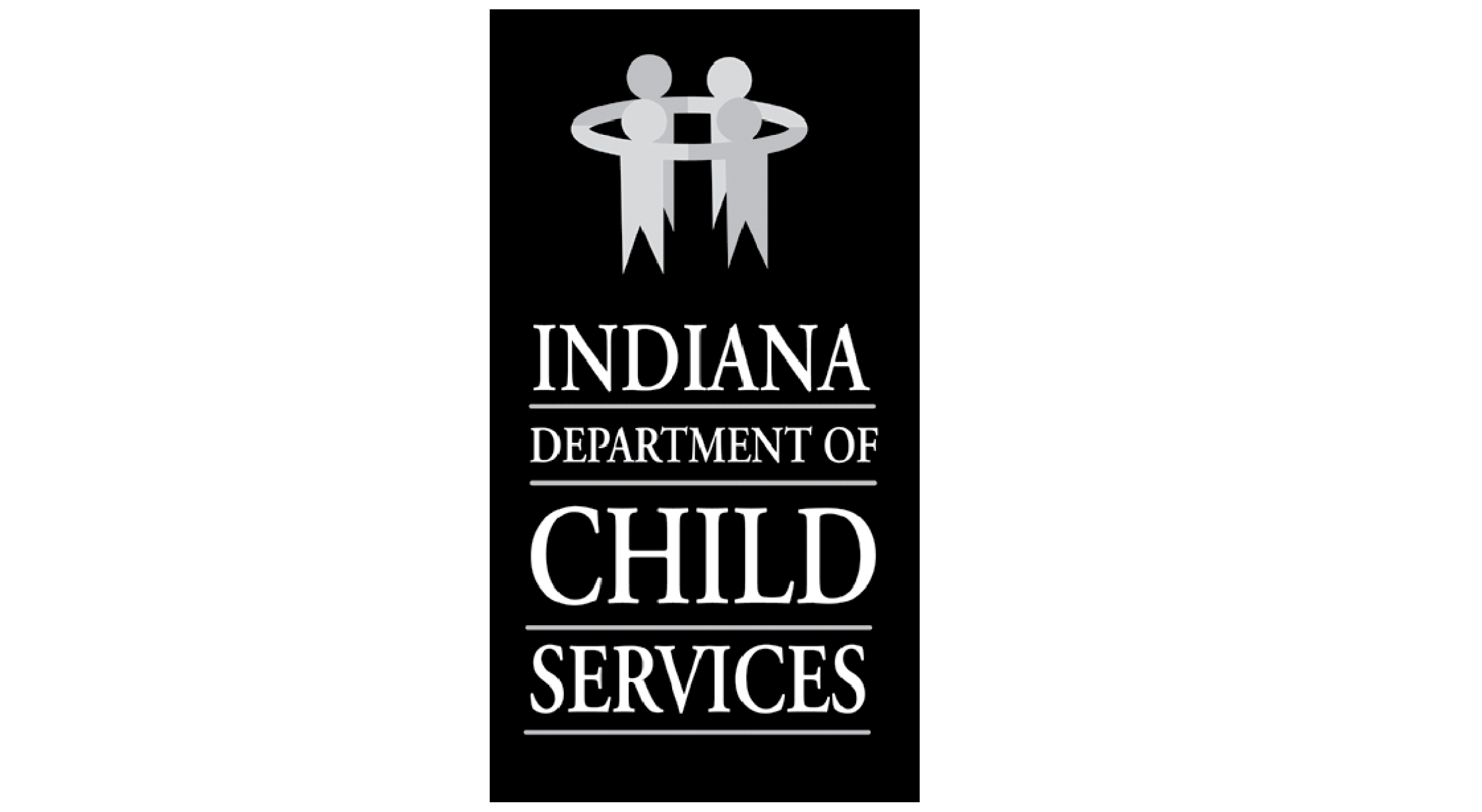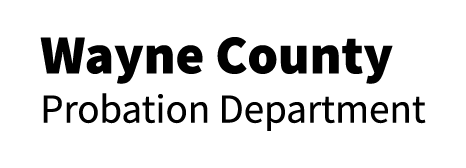
JDAI
Juvenile Detention Alternatives Initiative
For more than 20 years nationally in both urban and rural jurisdictions, the Juvenile Detention Alternatives Initiative (JDAI) has demonstrated that moving low-risk youth from secure detention into community-based alternative programs is excellent public policy. JDAI is a project of the Annie E. Casey Foundation, focused on juvenile justice system improvement. In Indiana, JDAI is overseen by Indiana Criminal Justice Institute, Indiana Department of Correction, Indiana Supreme Court, Indiana Department of Child Services, Indiana FSSA: Division of Mental Health & Addiction, and Indiana Department of Education.
States
%
of American Youth
%
of Indiana Youth
JDAI’s 8 Core Strategies
1. Collaboration
Promoting collaboration between juvenile court officials, probation agencies, prosecutors, defense attorneys, schools, community organizations and advocates;
2. Use of Accurate Data
Using rigorous data collection and analysis to guide decision-making.
3. Objective Admission Criteria
Utilizing objective admissions criteria and screening instruments to replace subjective decision-making processes.
4. Alternatives to Detention (ATD)
Implementing new or expanded community-based alternatives to locked facilities — such as day and evening reporting centers, home confinement, and shelter care;
5. Case Processing
Instituting case processing reforms to expedite the flow of cases through the system;
6. Special Detention Cases
Reducing the number of youth detained for probation rule violations or failing to appear in court, and the number held in detention awaiting transfer to a residential facility;
7. Reducing Racial, Ethnic, and Gender Disparities
Improving racial and ethnic equity by examining data to identify policies and practices that may disadvantage youth of color at various stages of the process, and pursuing strategies to ensure a more level playing field for youth regardless of race or ethnicity; and
8. Conditions of Confinement
Monitoring and improving conditions of confinement in facilities.
JDAI in Wayne County






